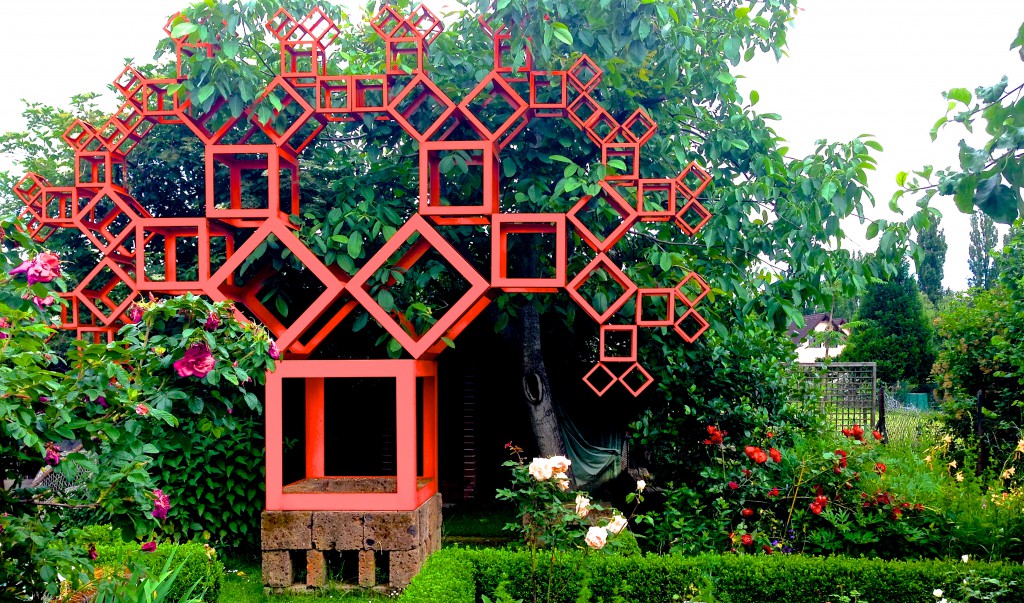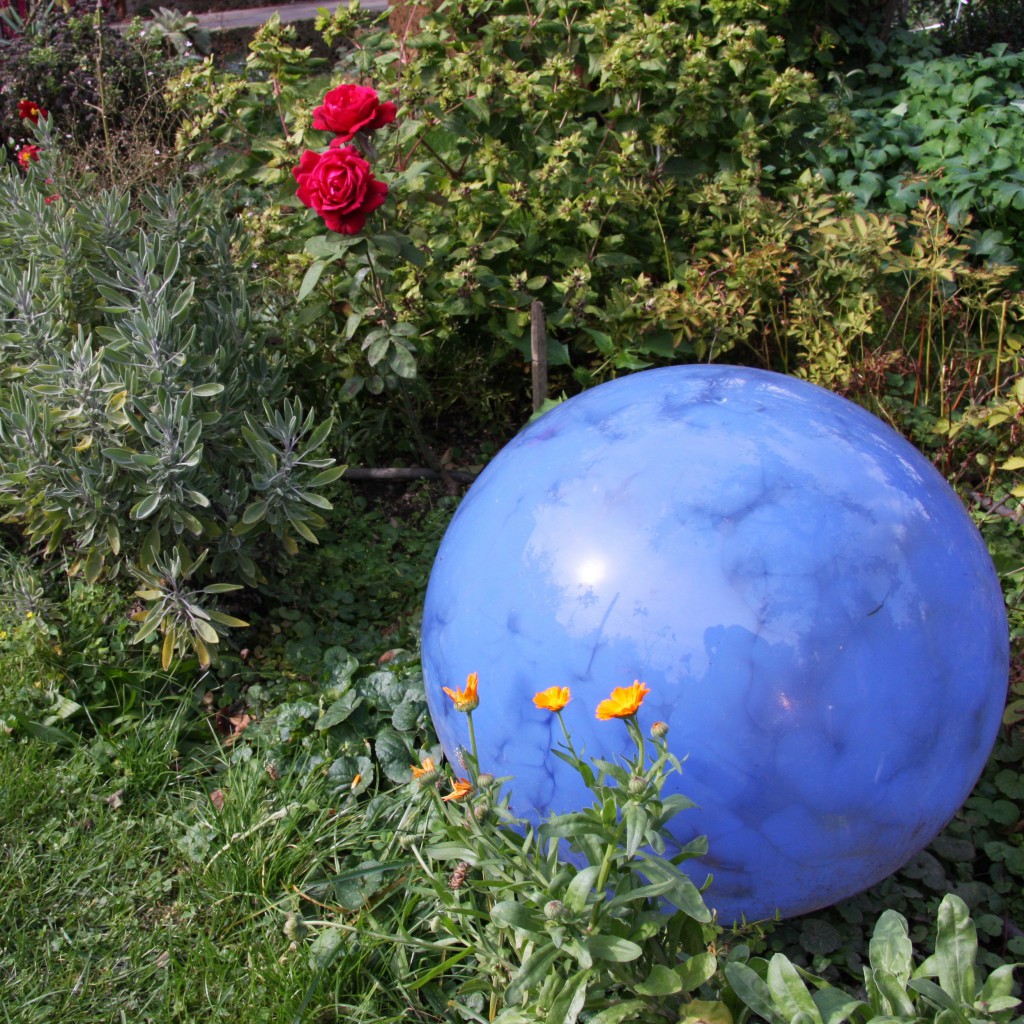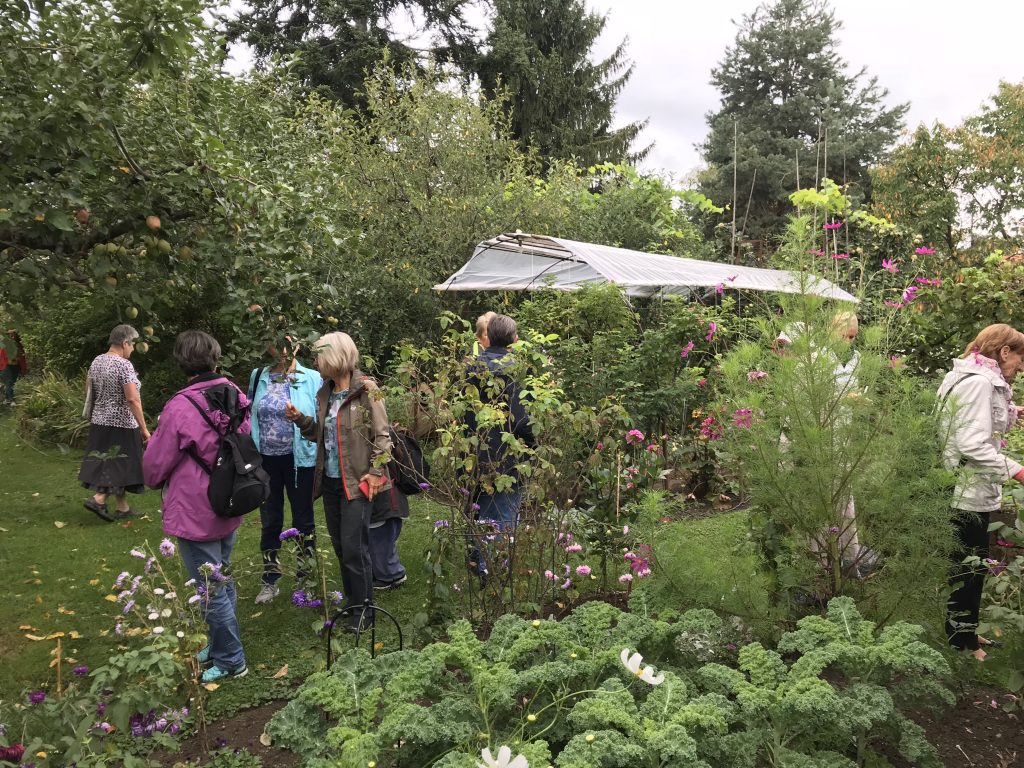Mission Statement / Vision Statement
kunstGarten is a cultural initiative for the support and promotion of the contemporary arts, garden art, with the aim of
– personal enrichment through encounters with both natural and artistic phenomena
– giving access to varied artistic approaches and uses of space and/or plants
– making garden spaces to be manifest art space
– Encountering┬Ā and confrontation with sociocultural and sociopolitical phenomena of human society┬Ābased on┬Āartistic an sientific communication.
Those aims will be served by a variety of public events and projects, in a year-round programme of activities that (in diverse ways) all address the theme of nature / culture, while taking advantage of the particular medium of “the garden”, the created space: the real, and virtual, art-space of human kind.
kunstGarten is realizing in particular
The Universal Declaration of Human Rights (Paris on 10 December 1948)
Article 1.
All human beings are born free and equal in dignity and rights. They are endowed with reason and conscience and should act towards one another in a spirit of brotherhood and sisterhood.
Article 26.
(1) Everyone has the right to education. Education shall be free, at least in the elementary and fundamental stages. Elementary education shall be compulsory. Technical and professional education shall be made generally available and higher education shall be equally accessible to all on the basis of merit.
Article 27.
(1) Everyone has the right freely to participate in the cultural life of the community, to enjoy the arts and to share in scientific advancement and its benefits.
The kunstGarten is a scientific and cultural institution of the country. As an art space and museum, we are a place that makes knowledge accessible to the public and promotes critical reflection. Knowledge transfer and the arousing of interest in culture, nature and art is the focus of our work for our audience, including children and young people. Based on this objective, it is important to us to create a protected framework in which the interests of our young audience are paramount.
We are committed to the rights of children and young people according to the Code of Conduct for the Protection of Children and Adolescents
(Federal Ministry of Housing, Arts, Culture, Media and Sports /Https://www.bmwkms.gv.at ŌĆ║ dam ŌĆ║ faqs-praeve…)
To ensure the protection against abuse and mistreatment of children and adolescents in their own organization as well as at events and projects and to orient ourselves primarily to the welfare of the child in all activities. Therefore, prevention and awareness-raising measures are being established that guarantee an attentive attitude towards children and young people while at the same time safeguarding their rights and reducing the risk of violence and abuse. The objective of the conduct guidelines for dealing with children and adolescents is that employees (full-time, voluntary and voluntary) assume a joint responsibility for the safety of children and adolescents. This should create the commitment of a joint responsibility for the safety of children and young people and kunstGarten to be a safe place for our young audience.
All employees are subject to the CODE OF CONDUCT FOR THE PROTECTION OF CHILDREN & YOUNG PEOPLE IN THE ORGANIZATION.
EXHIBITIONS
garden art and landscape architecture, garden art in public places / in the community; art in garden space
PERFORMANCES/FILM/LESSONS
film, music, theatre, literature
LIBRARY
media sculpture; garden library
THE GARDEN AS ART SPACE
Flora Performing; Garden Archive Rosary
WORKSHOP/SYMPOSION/TALK/LECTURE
scientists, artists,┬Āprofessionals pick up┬Āsociopolitical current problems and try to find solution oriented answers : living in our society, human rights, female situation, scientific themes, children affairs, gardening
PUBLICATION
┬Āpreparing and managing information papers, handouts, texts, broschures, catalogues┬Ā
Like buildings in architecture, gardens mediate the aesthetic and functional ideas of the men and women who created them, and the cultural conditions of their origins. As scholars addressing gardens and garden theories have demonstrated, gardens and parks show clear parallels with feudal and bourgeois conditions of society, within their periods. The philosophical discussion of the aesthetics of art and of nature arises from mythical roots in paradise, to end in the facts of urban life and times of our present-day experience, where gardens afford first-hand experience of nature; are sources, and archives of botanical knowledge; ring in the seasons in a largely built-up environment; and are places where public space is both intimate and unselfconscious.


Hartmut Skerbisch FRAKTAL: Pythagorasbaum / Tree of Pythagoras

BLAUE WOLKENKUGEL … Rosen und Ringelblumen, roses, calendula

Schwertlilien/Iris & Hartmut Skerbisch _SPHÄRE 235

Gartenf├╝hrung SeniorInnen Stadt Graz, 2018-Guided Tour
The interest of city residents, of artists and the aristically active, and of curltural representatives, should be directe upon city gardens and parks, in that knowledge: they should be mindful of the fact that each and every garden, in an urban envornment, is a treasure to be preserved.
With its year-round activities, the aim of the non-profit society kunstGarten is to contribute to the social and cultural revival of the 5th District of the city Graz, which has so far perhaps receive less attention than others. Starting form the artistic genre of Garden Art (itself a little neglected), regional and supra-regional projects are to be joined to form a network of artistic, scholarly and social projects, while the “place of action” – a thematic, virtual, or real place – will be nature: a garden.
The aims of this inclusive project are to offer new perscectives of artistic integration and understanding o art; and in this way, to effect a coming to terms with an important theme in art that has not yet been realised, in this shape and form.
kunstGarten starts from the ere and now of local conditions, and takes into account the present-day interest in nature (now much on the increase) of large parts of population: in this way, kunstGarten and its projects would like to initiate and promote new, highly-charged area of nture – culture / nature – nurture. In this way, kunstGarten aims to strengthen the cultural identity of this “garden city” (as Graz is often called), and to improve the quality of life of the inhabitants of this capital of Styria.
A garden is a space where all generations can experience, and contribute to, cult and culture: it is therefore a medium for inspiration, for interpersonal interaction, and for tolerance; a space that permits art.
“Given that cognition – the tree of knowledge – has led to the loss of the Garden of Eden, we need art to help us survive.” Irmi Horn
